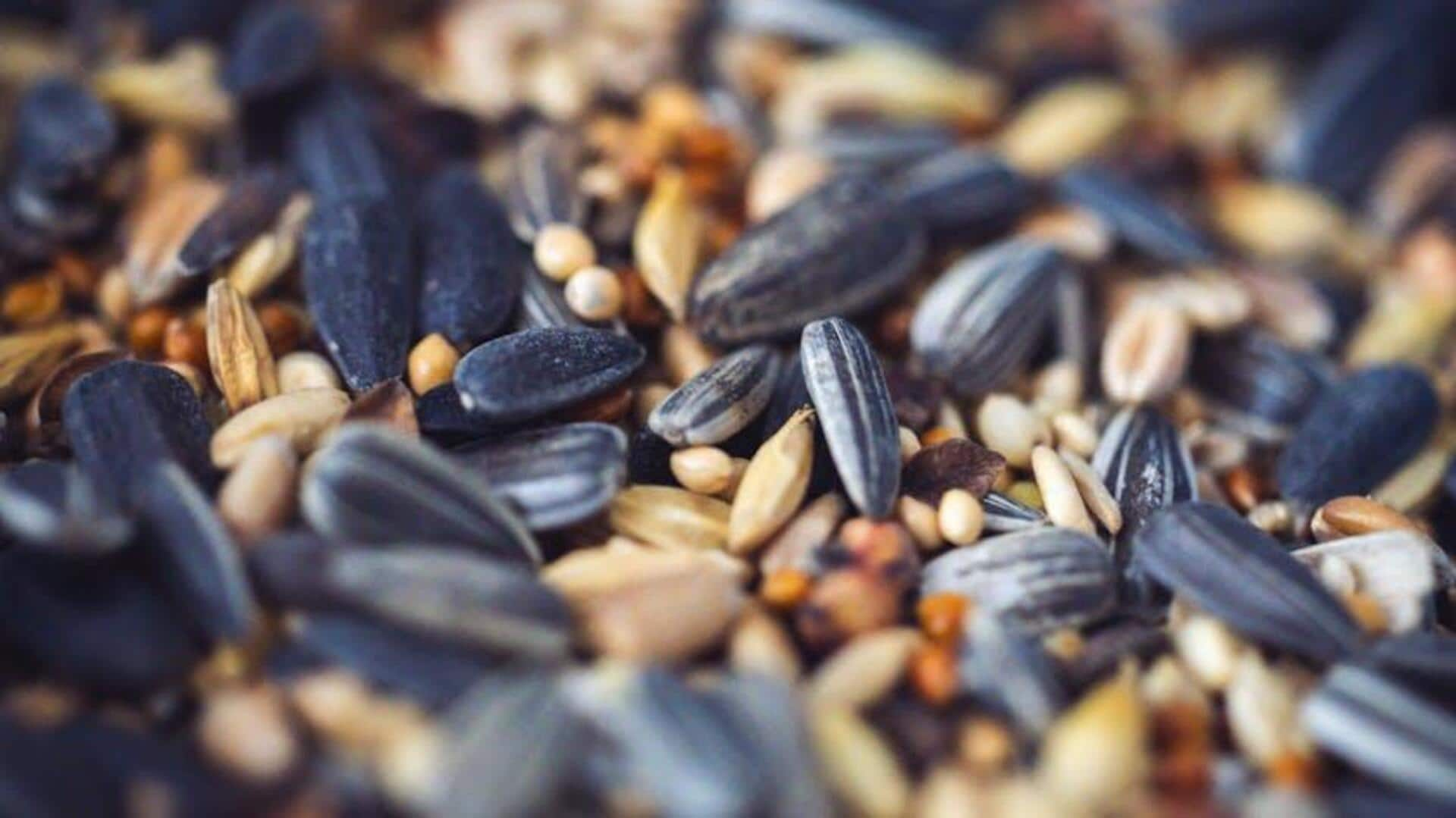
5 underrated grains to upgrade your meals
What's the story
Exploring diverse grains can make your meals both interesting and nutritious. While common grains such as rice and wheat rule most kitchens, some lesser-known options can make for delicious and healthy alternatives. Using these underused grains in your recipes can amp up both taste and nutritional value. Here, we take a look at five such grains that you can add to your culinary repertoire.
Amaranth
Amaranth: A nutrient powerhouse
Amaranth is a gluten-free grain with a high protein content, making it ideal for anyone looking for plant-based protein options. It has essential amino acids, including lysine, which is usually deficient in other grains. Amaranth is also high in iron, magnesium, and calcium. Its nutty flavor makes it a good fit for porridge or as a base for salads.
Millet
Millet: Versatile and nutritious
Millet is a small-seeded grain that grows well in arid conditions, making it an eco-friendly option. It is packed with B vitamins and minerals such as phosphorus and magnesium. Millet's mild flavor makes it extremely versatile; you can use it in everything from breakfast cereals to savory pilafs.
Teff
Teff: Tiny grain with big benefits
One of the tiniest grains, teff packs a nutritional punch with high levels of calcium, iron, and fiber. With a slightly sweet flavor, it works well with sweet and savory dishes alike. Traditionally used in Ethiopian cuisine for injera bread, teff can also be added into pancakes or used as a thickener for soups.
Sorghum
Sorghum: Gluten-free grain alternative
Sorghum, another gluten-free grain, is also becoming increasingly popular for its versatility and nutritional profile. In addition to protein and fiber, it also offers antioxidants and is low on the glycemic index—perfect for keeping blood sugar levels stable. Sorghum flour can replace wheat flour in baking recipes or even be popped like popcorn for snacking.
Quinoa
Quinoa: Complete protein source
Quinoa has been praised as a complete protein, which means it contains all nine essential amino acids. It's also high in fiber and packed with nutrients including manganese, folate, zinc, and magnesium. Quinoa's versatility makes it an excellent addition to a range of dishes, making your diet more balanced. This whole grain promotes digestive health and offers a wealth of vitamins and minerals your body needs.